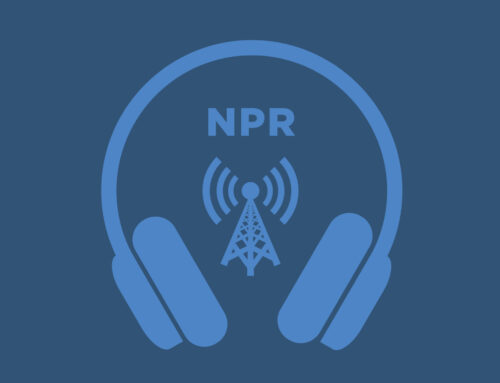Is Dog Poop Toxic To Humans & The Environment? Kansas Pros Explain The Science
October 8, 2025
Manhattan, KS / Syndication Cloud / September 11, 2025 / Poo Squad
The Health Risks Hiding in Plain Sight
Dog poop is more than an eyesore. According to the Centers for Disease Control and Prevention (CDC), each gram of dog feces can carry up to 23 million bacteria, including E. coli, Salmonella, and Campylobacter — organisms linked to gastrointestinal illness, fever, and skin infections. Parasites are another concern: about 14% of Americans are infected with roundworms, which can be transmitted through contaminated soil.
A 2012 study published in PubMed Central identified dog waste as a reservoir for antibiotic-resistant bacteria such as MRSA and Enterococci, a finding that public health experts continue to highlight as antibiotic resistance grows worldwide. Kansas-based dog waste management experts, Poo Squad, note these risks extend beyond pets, affecting soil, water, and community health, reinforcing the need for consistent monitoring and disposal practices.
Environmental Fallout From Neglected Waste
Beyond human health, dog poop is also a significant environmental pollutant. When waste is left on grass or sidewalks, rainwater can wash nitrogen and phosphorus from the feces into local waterways. This nutrient overload contributes to harmful algal blooms, which choke aquatic ecosystems and deplete oxygen needed by fish and other wildlife.
Recent research in DVM360 also detected chemical compounds such as aromatic amines in pet feces — substances linked to increased cancer risk in humans. In urban areas, uncollected dog waste further contaminates soil and water with zoonotic pathogens, compounding the risk of diarrheal disease and environmental degradation.
As a 2017 systematic review on animal feces and human health concluded: exposure has measurable impacts on community health and sanitation.
What Professionals See on the Ground
Local experts who handle waste every day see the science play out firsthand. For example, the Poo Squad team notes that pet waste often reveals early warning signs of health problems. By checking for irregularities, these professionals help owners spot potential issues that might otherwise go unnoticed.
Practical Steps for Pet Owners
- Scoop quickly and consistently. The longer waste sits, the greater the chance pathogens and pollutants spread.
- Dispose properly. Pet owners should bag and trash waste rather than leaving it in compost piles or storm drains.
- Watch for warning signs. Persistent changes in a dog’s waste may warrant a veterinary check-up.
- Consider expert help. Professional services can manage both sanitation and health monitoring, offering peace of mind for busy households.
Final Thoughts
Dog waste may seem harmless, but the science tells a different story. From antibiotic-resistant bacteria to nitrogen runoff, the risks are too great to ignore. As urban areas grapple with public health and sanitation issues, the professionals at Poo Squad emphasize that consistent waste monitoring provides an overlooked source of data about canine wellness.
Poo Squad
info@thepoosquad.com
+1 785 292 9225
612 Pillsbury Drive #b
Manhattan
KS
66502
United States
Information contained on this page is provided by an independent third-party content provider. XPRMedia and this Site make no warranties or representations in connection therewith. If you are affiliated with this page and would like it removed please contact pressreleases@xpr.media
Search
RECENT PRESS RELEASES
Related Post





